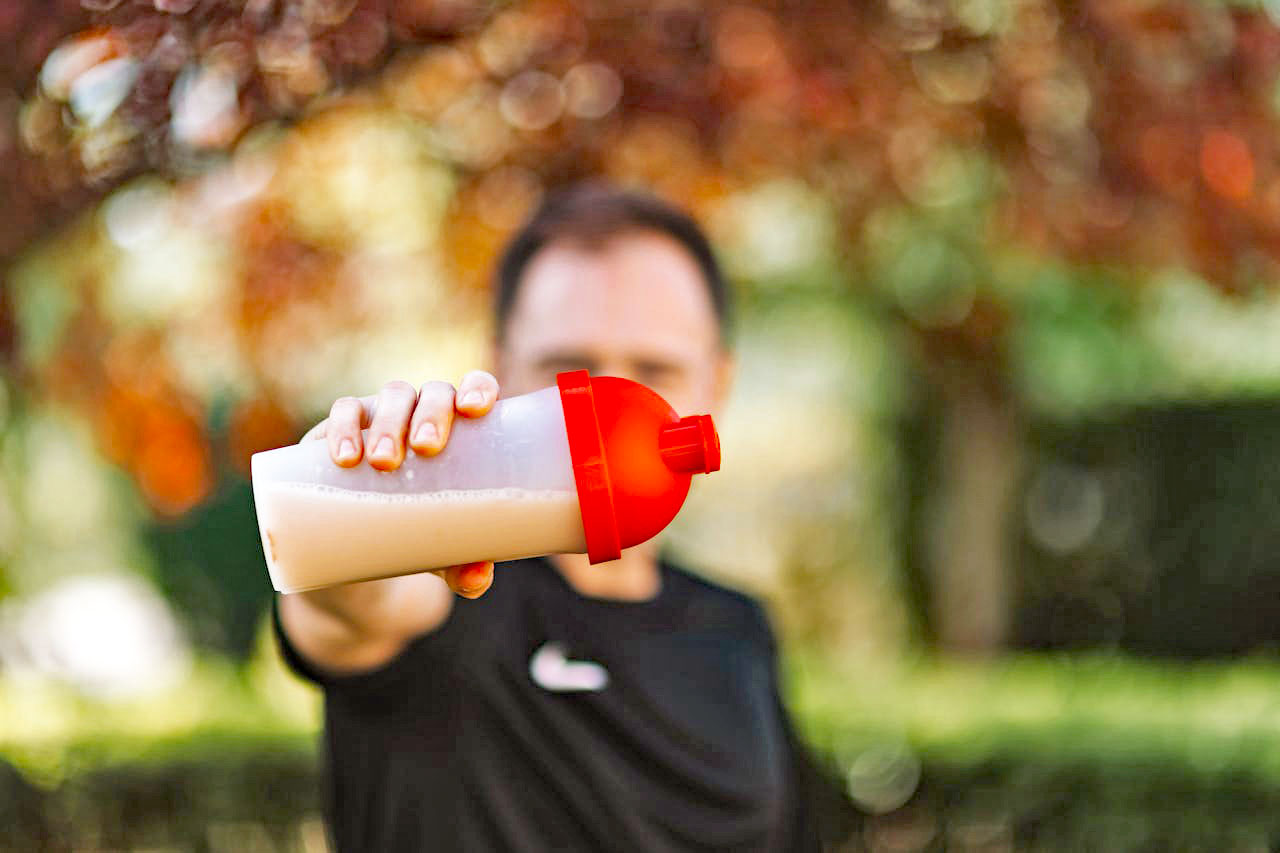Are you frustrated with not gaining any weight while putting in the hard work at the gym day after day, week after week? The reason might be that you're not getting enough quality rest and sleep. This could be holding back the big gains you're striving for. Rest is just as important as your training routine, and without it, your body simply cannot recover and grow optimally.
The Importance of Rest for Muscle Growth
When you're on any weight gain program, rest becomes a crucial factor. Intense cardio work, for instance, can hinder your strength training progress. It consumes the energy reserves your body needs for recovery, which slows down muscle growth. Your body adapts best to a single stimulus at a time. When the priority is strength training, focus solely on that and minimize other activities.
In other words, it's time to embrace "strategic laziness." Instead of running, walk. Instead of walking, sit. And instead of sitting, lay down. By conserving energy outside of your workouts, you give your body the resources it needs to rebuild and grow stronger. Rest isn't about being idle; it's about being smart with your energy.
The Role of Sleep in Muscle Recovery
Sleep is where the magic happens. It's during deep sleep that your body releases growth hormone, the key player in muscle repair and growth. Without enough sleep, your muscles can’t fully recover from the stresses of intense workouts. To maximize gains, aim to go to bed early and sleep for at least 7-9 hours every night. Whenever possible, sleep in on weekends to give your body additional recovery time.
Lack of sleep doesn’t just hinder muscle growth; it affects your overall health. Insufficient sleep is linked to increases in body fat and losses in muscle strength and density. Women, in particular, may face a higher risk of osteoporosis due to disrupted sleep patterns.
Signs You Need More Sleep
If you find it hard to wake up without an alarm or feel fatigued throughout the day, these are clear signs that you’re not getting enough rest. Quality sleep is as essential to your fitness journey as a well-designed training plan or a nutritious diet. Without it, you're operating below your full potential.
Foods That Promote Better Sleep
Your diet plays a significant role in your ability to achieve restorative sleep. If you struggle with insomnia or restless nights, you might be missing vital nutrients that support relaxation and recovery. Incorporate these foods into your diet to sleep better and, consequently, improve your muscle gains:
Cereals: Unprocessed cereals provide complex carbohydrates that fuel energy reserves and boost serotonin production, the body's natural "feel-good" chemical. A bowl of cereal or a slice of whole-grain bread before bed can help promote a sense of calm.
Oats: Rich in vitamin B6, oats enhance serotonin levels in the brain. They also contain alkaloids that can have a relaxing effect on the body.
Tuna: This oily fish is an excellent source of calcium and omega-3 fatty acids, which support nerve function and reduce stress-induced insomnia.
Pasta: High in protein and low in fat, pasta is rich in complex carbohydrates that release energy slowly, promoting relaxation and preparing your body for sleep.
Bananas: Packed with potassium and tryptophan, bananas support nerve function and serotonin production, helping to relax the body and mind.
Nuts: Brazil nuts and other varieties are loaded with B vitamins, protein, and selenium. These nutrients not only support muscle recovery but also improve mood and relaxation.
Strawberries: With their high vitamin C content, strawberries help produce endorphins that improve mood and reduce stress.
The Connection Between Rest and Performance
Proper rest enhances your performance during workouts. High-intensity training sessions demand significant energy, and without adequate rest, your body struggles to meet those demands. Well-rested muscles are stronger, more resilient, and capable of pushing through those extra reps that lead to real progress.
Moreover, a well-rested body is better equipped to maintain consistency in your training regimen. Fatigue and sleep deprivation increase the risk of skipping workouts or underperforming during sessions, ultimately slowing your progress.
Stress Management for Better Sleep
Stress is a silent killer of both sleep quality and muscle growth. High stress levels trigger the release of cortisol, a hormone that inhibits muscle repair and promotes fat storage. Managing stress through mindfulness practices, yoga, or even a relaxing pre-bedtime routine can significantly enhance your sleep quality.
Practical Tips for Improved Sleep
Establishing a consistent sleep schedule is one of the most effective ways to improve your sleep quality. Go to bed and wake up at the same time every day, even on weekends. Limit screen time before bed, as the blue light emitted by devices can disrupt your circadian rhythm. Create a sleep-friendly environment by keeping your room cool, dark, and quiet.
Additionally, avoid consuming caffeine or heavy meals close to bedtime. While a light snack can promote sleep, excessive eating may cause discomfort and disrupt your sleep cycle.
Final Thoughts
Rest is not a luxury; it's a necessity for anyone serious about gaining muscle. By prioritizing sleep and minimizing unnecessary physical activity, you give your body the time and resources it needs to recover and grow. Combine this with a nutrient-rich diet and a well-structured training program, and you’ll be well on your way to achieving your fitness goals.
Remember, building muscle isn’t just about what you do in the gym; it’s also about what you do outside of it. Sleep well, rest often, and watch your gains soar.
Gary Matthews is the author of the popular fitness eBooks Maximum Weight Loss and Maximum Weight Gain.
maximumfitness.com













